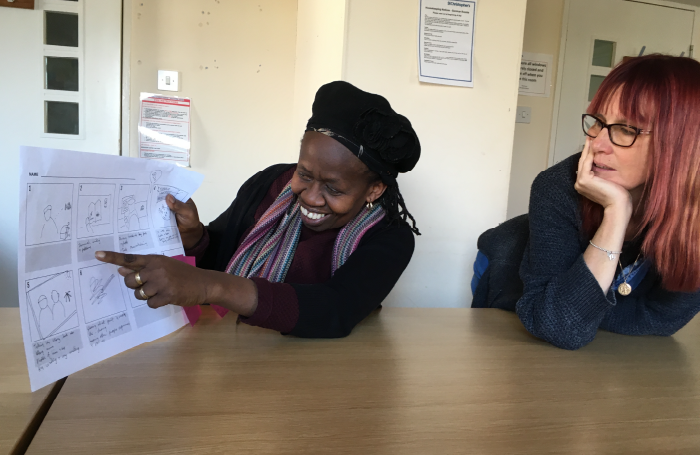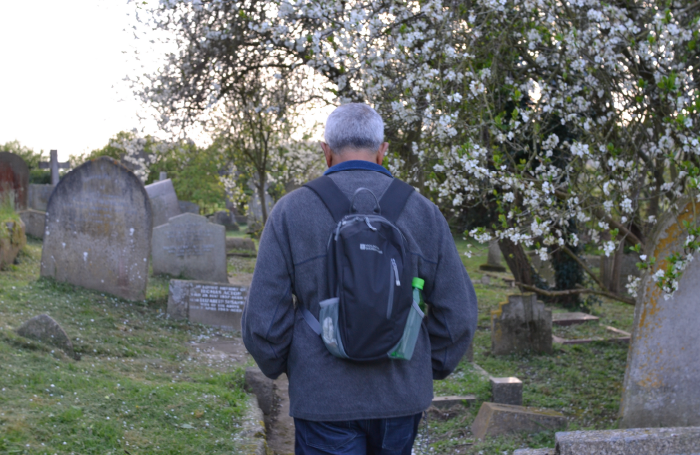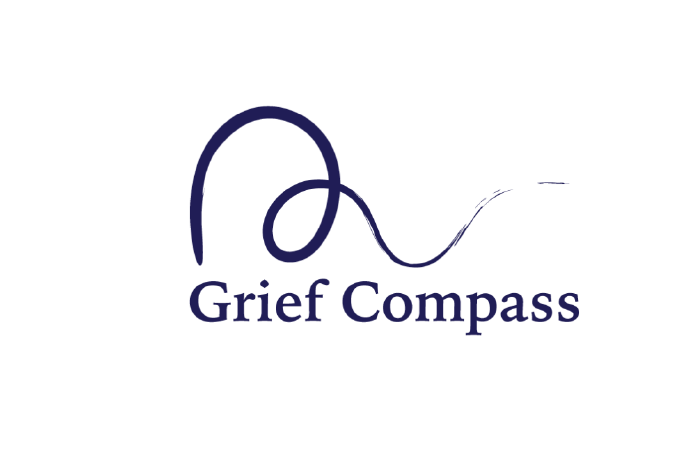
Hospice community of imagination
More information on the community of imagination coming soon.
Grief is a process of re-making our identity. Any kind of loss can fundamentally shake our sense of who we are – loss of someone we love, loss of a job, loss of community, loss of a way of life, loss of an imagined future. Grief works in a messy, painful and conflicted way, going back into the past to connect with what is important to us and to bring it into our present and futures in some new form. This is a deeply creative and intuitive process that follows no roadmap and takes a long time.
When grief is stalled – for example, because we lack the courage for us to turn into it, because it is not safe for us to do so or because we are afraid of the conflict it will create – we lose connection with our own creative abilities for adaptation. Our attempts to define and move into the future become incomplete and brittle.
In contrast, under certain circumstances, the opposite occurs and we experience ‘post-traumatic growth’. We can become bigger, more complex, more empathic, more connected and more purposeful through our own response to loss.
My work in this area asks how could post-traumatic growth be possible, not just for individuals, but for whole communities and societies? What practices could support this? And how could it be harnessed to create societies that are more equitable, in balance and able to adapt?

More information on the community of imagination coming soon.

Prototyping for systems change in end of life care in Southwark and Lambeth

An online programme for people to explore loss through creativity.

The Grief Compass is a set of things to try to help us find our way in grief

Canopy is a not-for-profit company
Copyright 2021